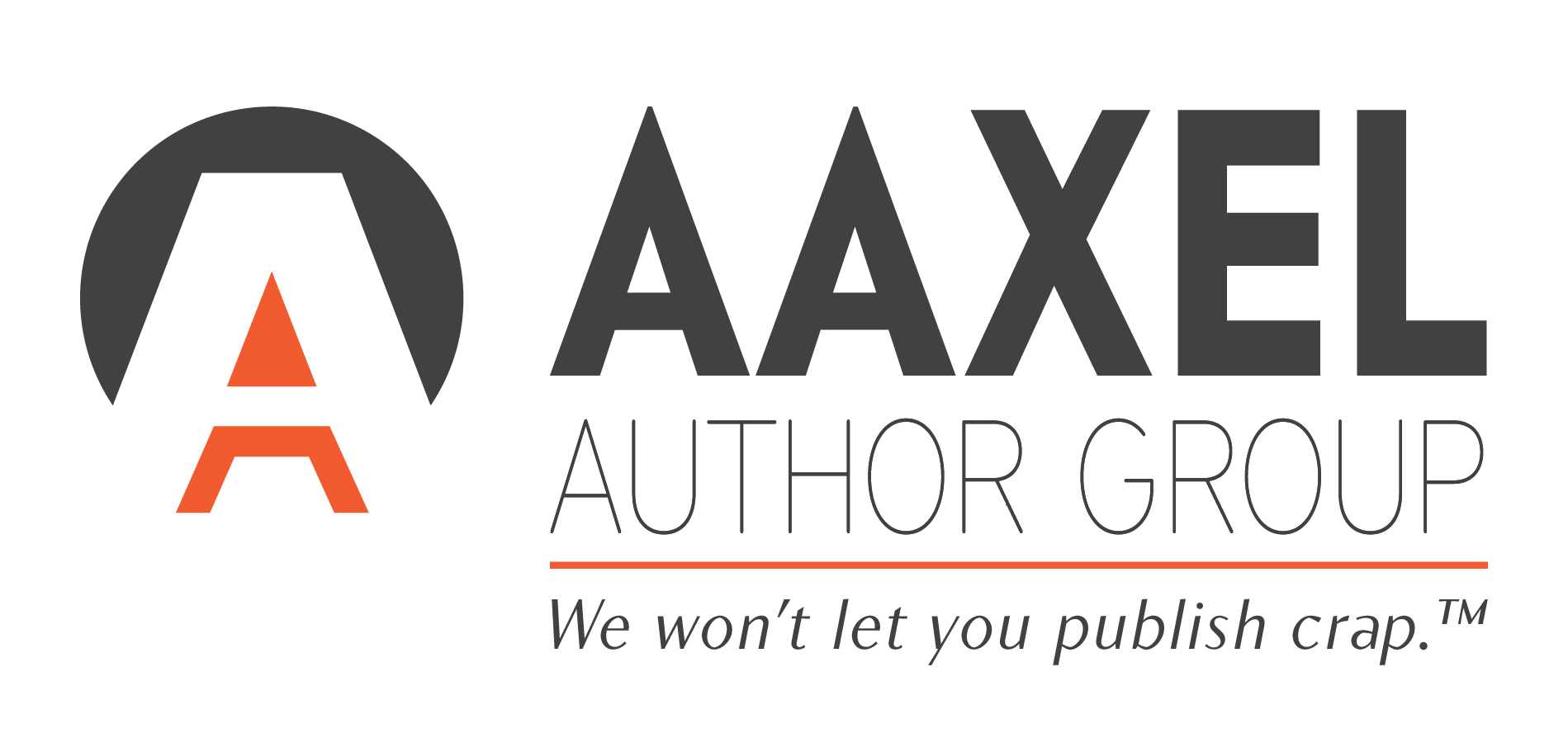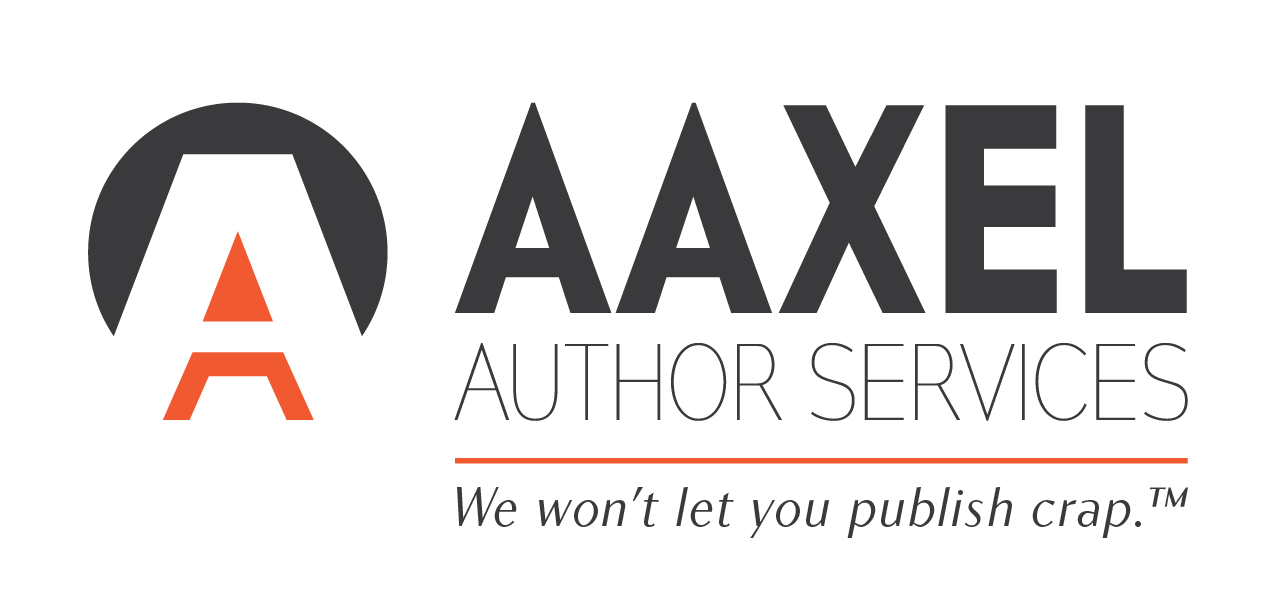Filing for Copyright
In our blog post 5 Self-Publishing Mistakes to Avoid, we covered some mistakes to avoid while self-publishing. But did you know that authors often overlook a crucial and legal step during their publishing process? When it comes to intellectual property, your book requires all the legal protection it can get when entering the market. Yes, technically, the moment you scribble something down, it’s your property and copyrighted. However, the copyright is not a registered copyright.
Without a registered copyright, if someone tries to steal your work, that automatic copyright won’t be much legal protection for you. Without a registered copyright under your name, there’s no proof that you actually own the work. But, not to worry, a pre-emptive step can help protect your work from copyright pirates.
Registering your work at the copyright bureau will give you the legal protection against theft. With a copyright claim under your name, anyone who wants to use your work must legally ask for limited permission, and for those who don’t, you’re permitted to pursue legal action for the misuse or theft of your work.
So, now that you know why you should register your work for copyright, here’s where you can file your work. Filing for copyright is a straightforward process, but there can be a waiting period for review depending on your country’s process and the application you chose.
The United States Copyright Office (USCO):
U.S. residents will want to create an account on the USCO website. We’ve included the direct link to the Literary Work registration page, where a list of video tutorials is available for anyone needing a detailed guide.
Once you’ve created your account, you’ll want to select the registration option that best suits your needs. The cost for a Standard Application is about $65 USD and $45 USD for the One Work by One Author application. After selecting your registration option, fill out the form, add it to your cart, and then pay your fees. USCO will prompt you to send your best edition or version of your book. This could be a digital file or a mailed-in copy of your printed book.
Canadian Intellectual Property Office (CIPO):
Canadians seeking to copyright their work will need to create a My Canada Business Account on the CIPO website to register. We’ve included a link to CIPO’s Registration of copyright—filing online page, where you can access the login and signup form.
After creating an account, you can fill out a form, the cost of which is $50 CAD for an online application. Other fees can be tacked on if you need accelerated processing or physical copies of the certificate. Once you’ve filled out your form and paid your fees, you’re done. CIPO does not require a copy of your work for the registration, but they recommend sending a copy to the Library and Archives Canada within one week of the publication date.
UK Intellectual Property Office (IPO):
For UK residents, there’s no register of copyrights at IPO. Your work is automatically copyrighted against infringement; however, it’s your responsibility to monitor any misuse of your work. For more details, we’ve linked IPO’s How copyright protects your work page for your perusal.
But there are steps you can take for extra protection. Foremost, you’ll want to make sure the © symbol is in your copyrights page of your book with your name and the year. It’s also a good idea to keep a physical copy of your work with a bank or solicitor, or send the original manuscript to yourself via registered mail and keep it in your safe, never to be opened. For more tips, please see A brief introduction to copyright on the British Library’s website.
Australian Copyright Council (ACC):
If you’re an Australian resident, copyright is automatic, and registration is not needed. You’ll want to take the same measures as UK residents in protecting your work. For more information, you can download ACC’s free fact sheet Protecting Your Copyright on their website.
Keep in mind that there are international treaties protecting your copyrights. If you have a copyright claim in your country of residence, you’re covered in other countries. No need to register in multiple countries!
Got questions about publishing? Reach out to us and we’ll be happy to answer them or help you along your publishing journey. Need a guide? You can download our free Self-Publishing Success Tracker below.

